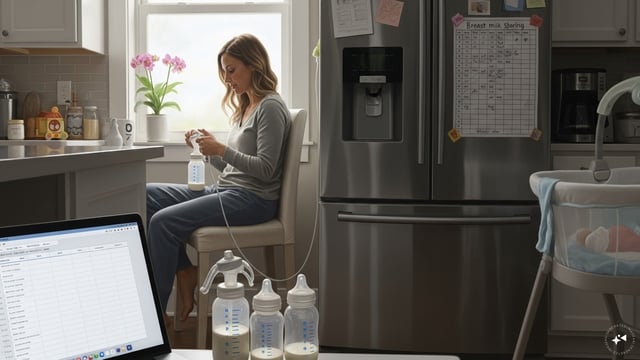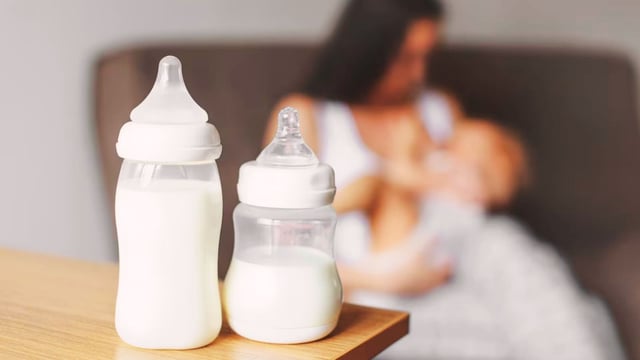Overview
- American mothers are earning up to $1,000 per month by selling surplus breast milk through unregulated online platforms
- The US Food and Drug Administration strongly advises against purchasing breast milk from informal sources because of risks of HIV, hepatitis B and C, and bacterial contamination
- Buyers prioritize the immunity and developmental benefits of human milk, with some fitness enthusiasts and international customers joining the demand
- The market relies on social media groups and peer-to-peer exchanges without standardized testing and depends on voluntary disclosures of donors’ health and vaccination status
- Public health experts and advocacy groups are calling for formal regulation and safety protocols to introduce standardized testing and mitigate health risks


